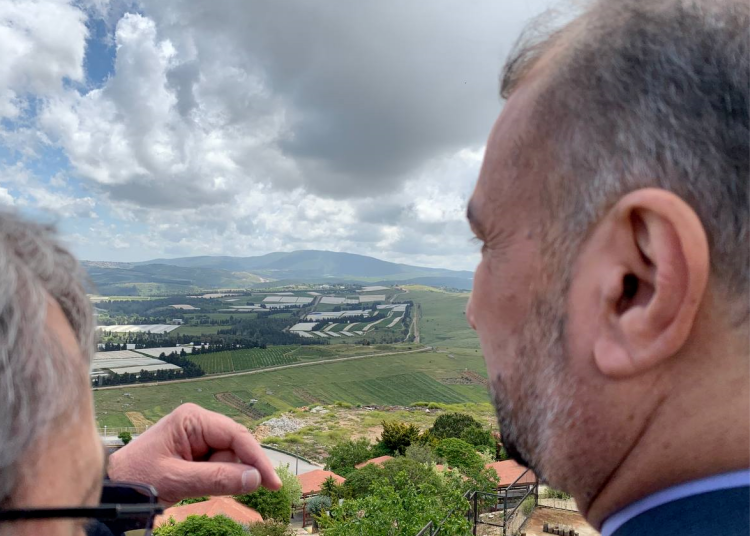Iranian Foreign Minister Hossein Amirabdollahian is now on a visit to the capital city of Lebanon, Beirut. This marks his second visit to Lebanon since the commencement of the Al-Aqsa Flood operation on October 7. The minister’s prior visit to Lebanon on October 13 was part of a broader regional itinerary focused on the Palestine issue.
Amirabdollahian’s current visit carries both bilateral and regional significance. It coincides with Lebanon’s Independence Day on November 22, and it is anticipated that the Iranian Foreign Minister will engage in meetings and discussions with Lebanese officials and leaders of the resistance during his trip. Notably, the likely meeting between Amirabdollahian and Hassan Nasrallah, Secretary General of Hezbollah in Lebanon stands as a prominent aspect of this visit.
The timing of Iran foreign minister’s visit to Lebanon is emblematic of various concurrent developments. Notably, it follows shortly after the announcement of an interim truce between Hamas and Israel. Furthermore, recent heightened tensions and exchanges of fire between Israel and Lebanon’s Hezbollah have raised concerns among observers regarding the potential escalation of regional conflict.
This visit can be interpreted as conveying several messages at bilateral, regional, and international levels. At the bilateral level, the deepening relations between Tehran and Beirut underscore the enduring stability of Iran-Lebanon ties. Regionally, the visit conveys two messages. Iran’s role in trying to end the recent conflict in the region and advocating for a ceasefire is evident, although some analysts in Tehran advise against disregarding scenarios by Israeli side, advocating for continued support of the Resistance Front in line with Iran’s traditional policy in West Asia. Internationally, the visit serves as a response to bilateral and multilateral consultations involving trans-regional actors from both the East and the West, urging Iran’s contribution to easing tensions in the region.
Above all, the paramount message of Iran’s foreign minister’s visit to Lebanon is the reinvigorated and steadfast support for the resistance axis.
This visit takes place amidst attempts by Western and Israelis to attribute the escalation of tensions along the borders with Lebanon to Hezbollah, while Israel persists in its provocative actions in southern Lebanon. Recent events, including the killing of two journalists of the Lebanese news network Al-Mayadeen by Israeli attacks on the Lebanese border, have led to retaliatory strikes by Lebanon’s Hezbollah.
On April 28, Iran’s Foreign Minister was present at “Maroun Al-Ras” and the zero point of the border between Lebanon and occupied Palestine, where he planted a sapling and declared resolute support for the Lebanese resistance against Israel.
Iranian Foreign Minister is expected to visit Qatar, subsequent to his ongoing trip to Lebanon, a source told Iran Nuances.






